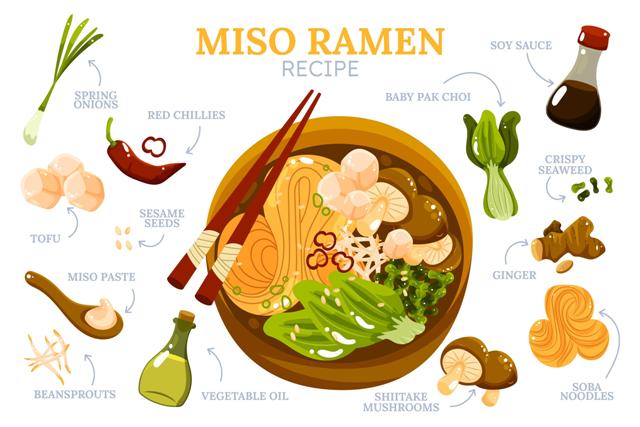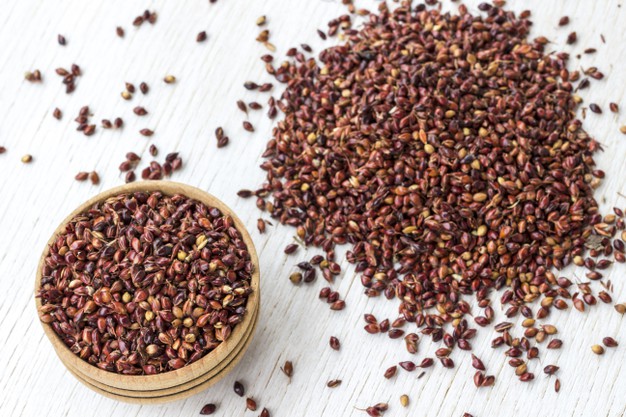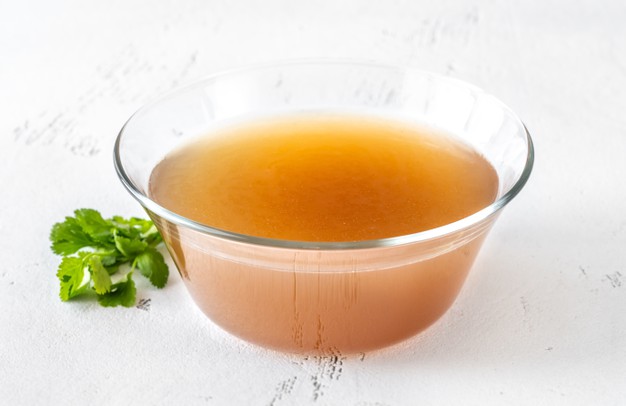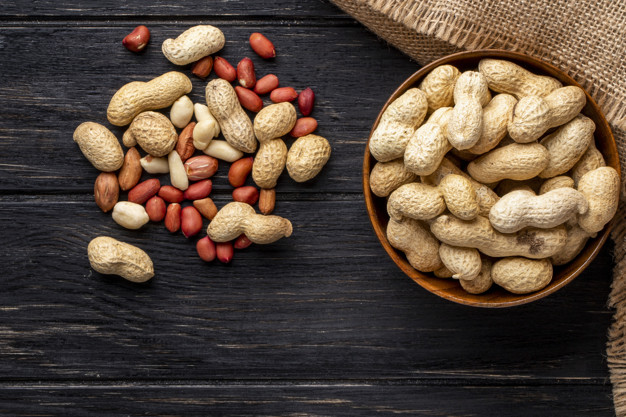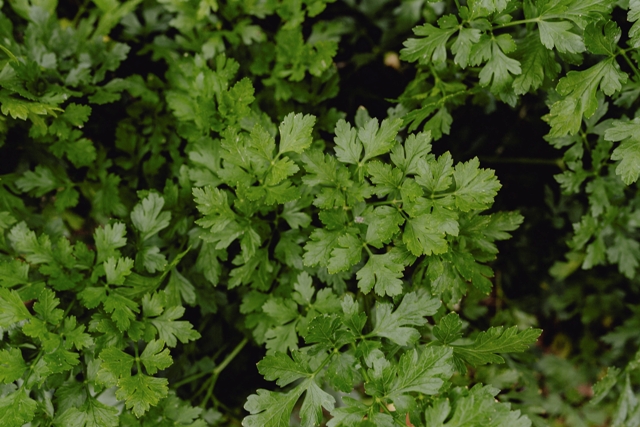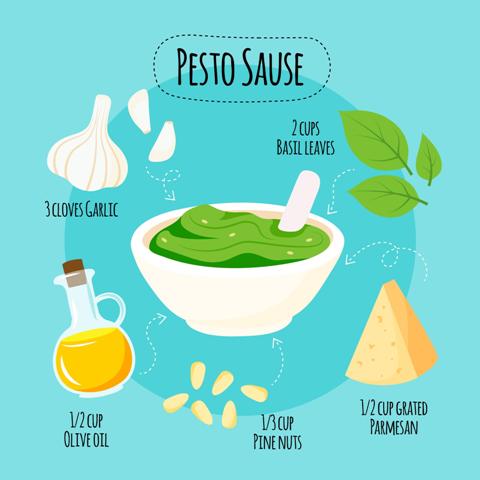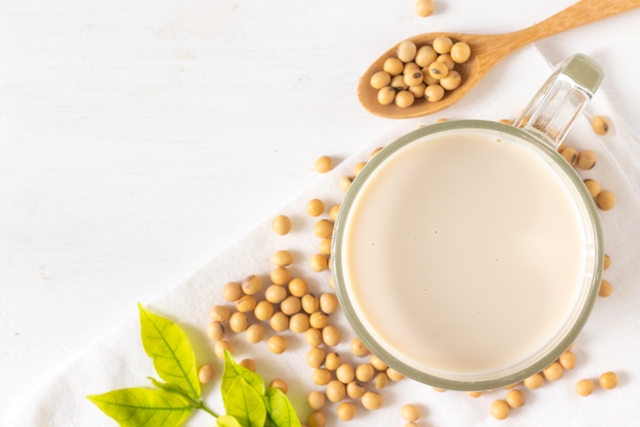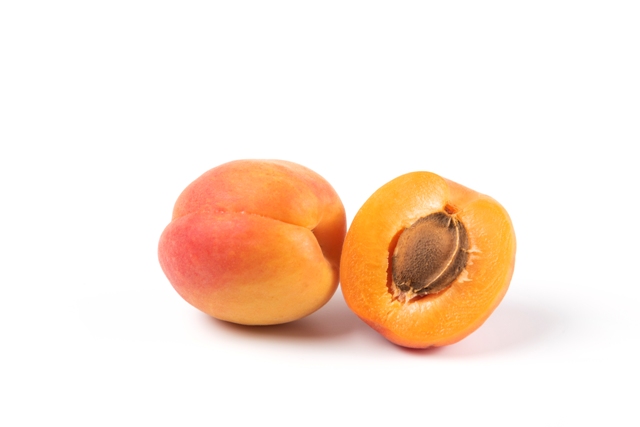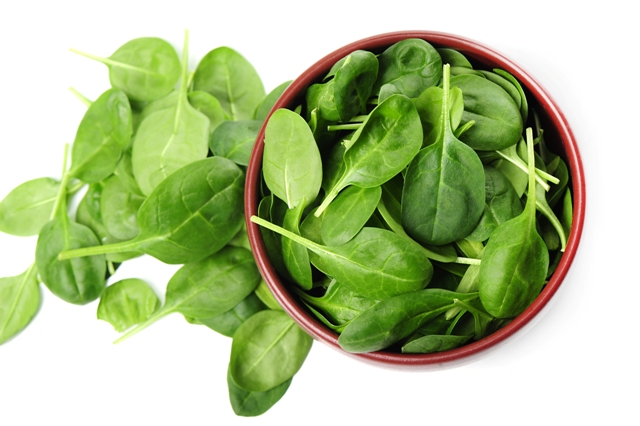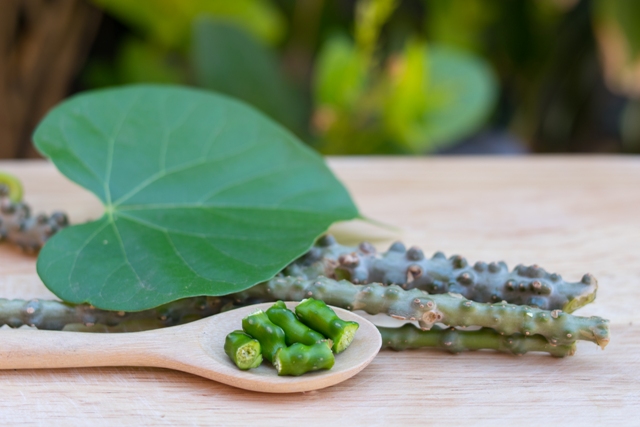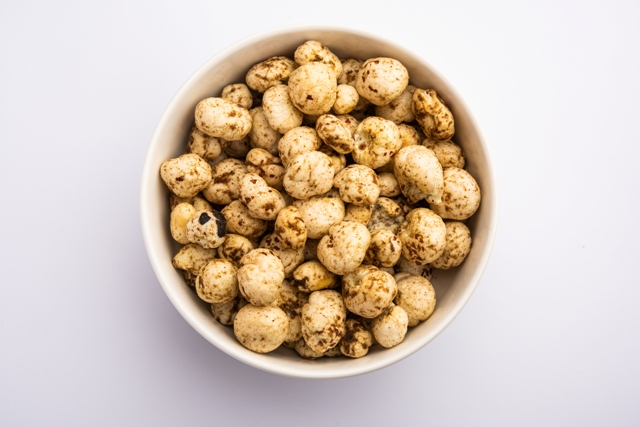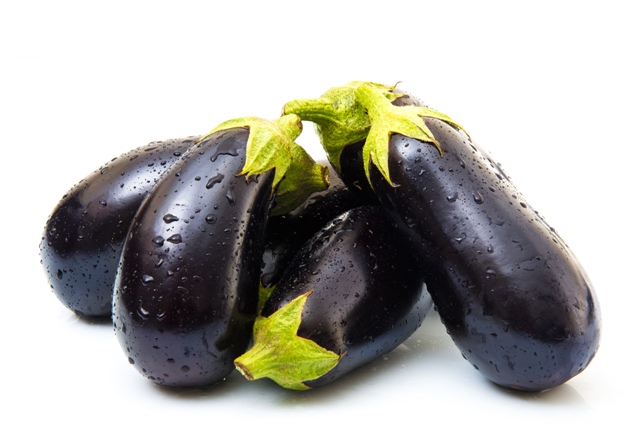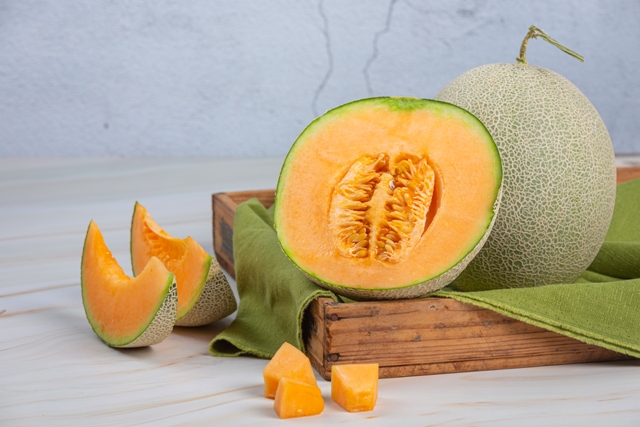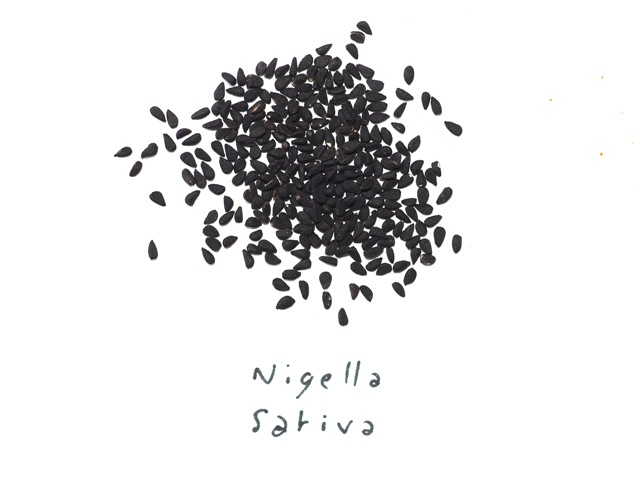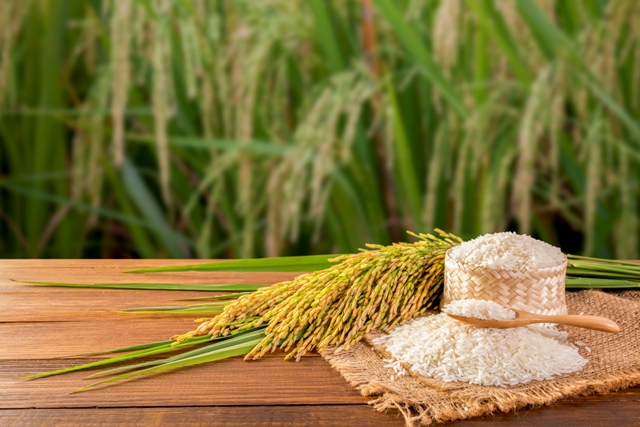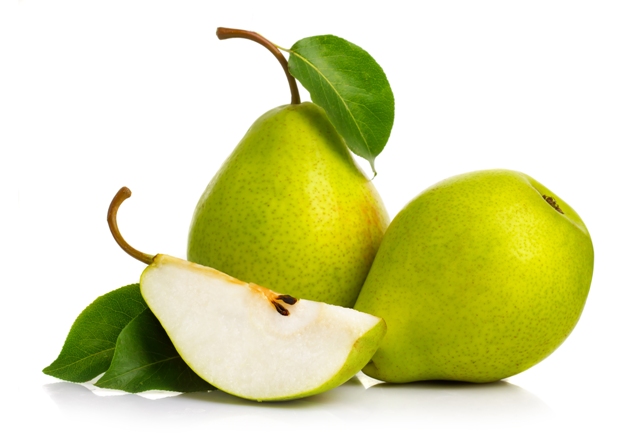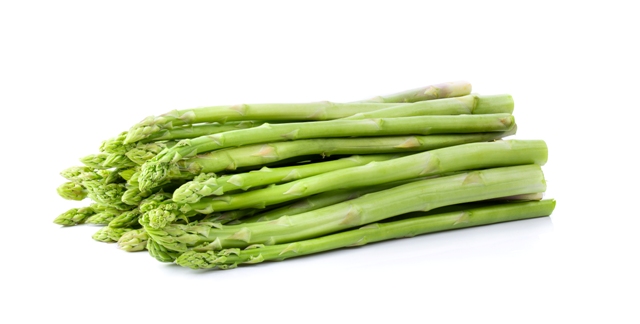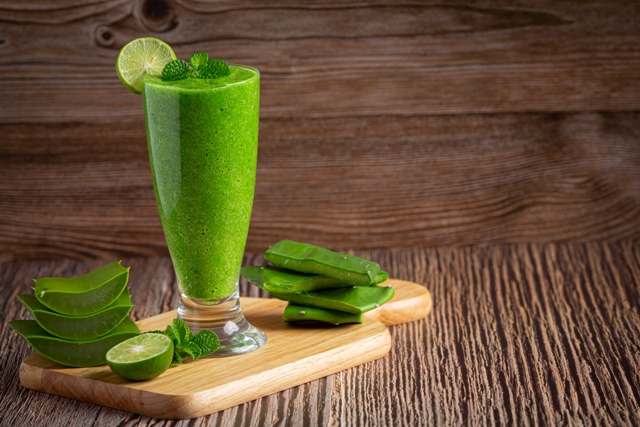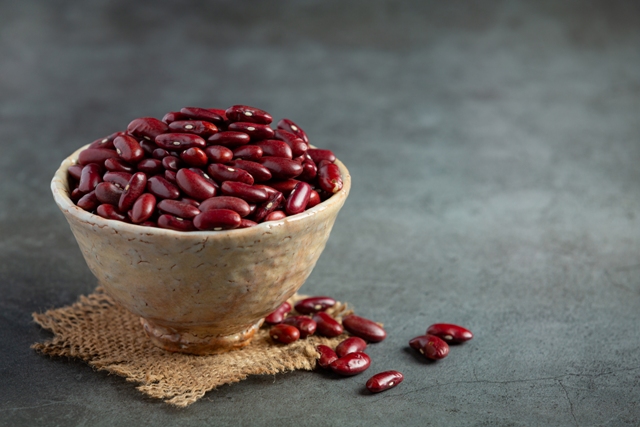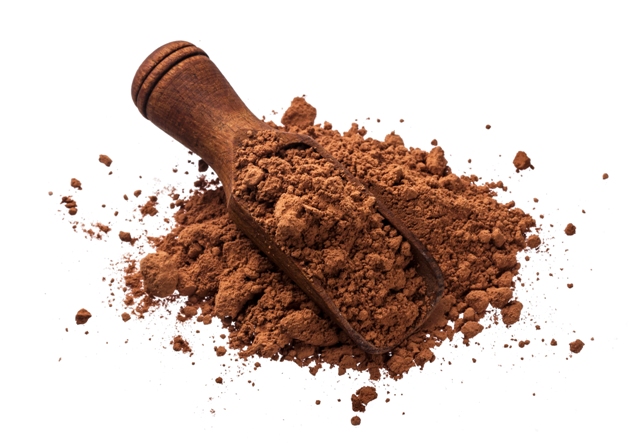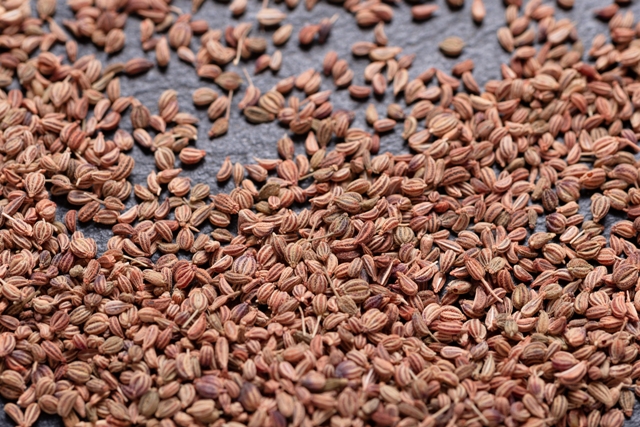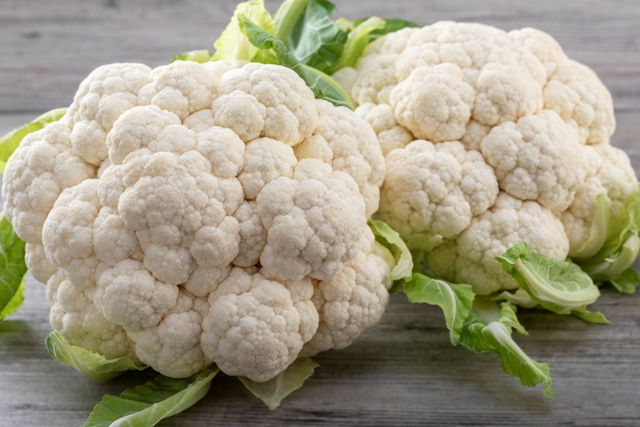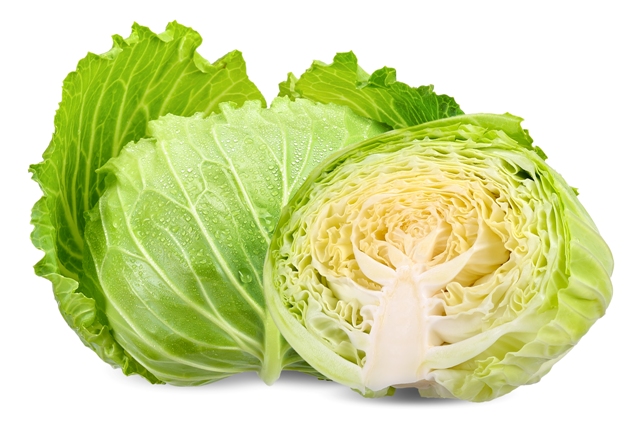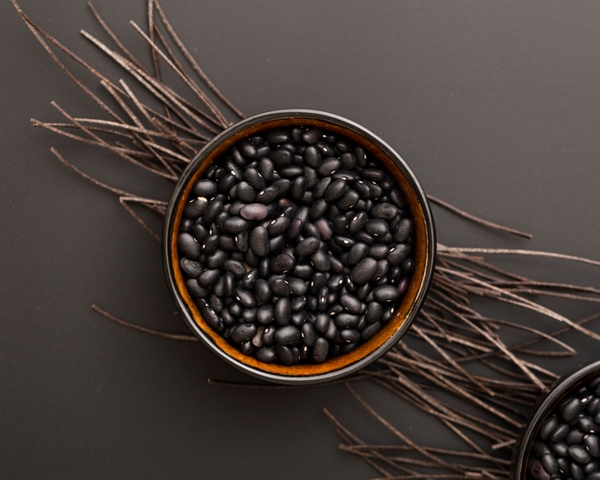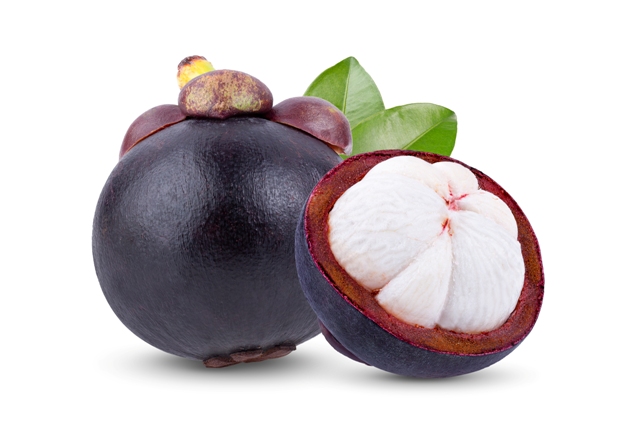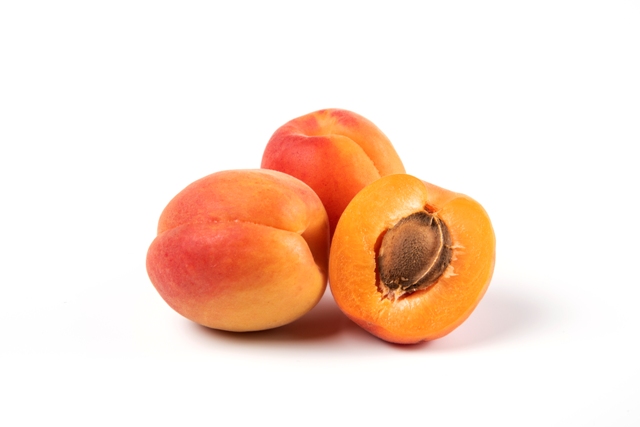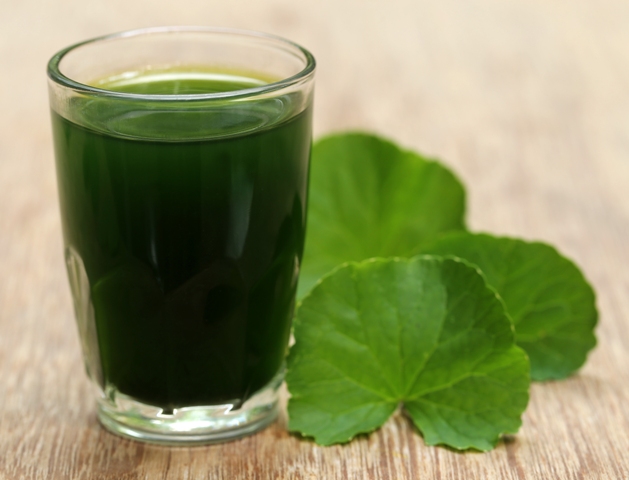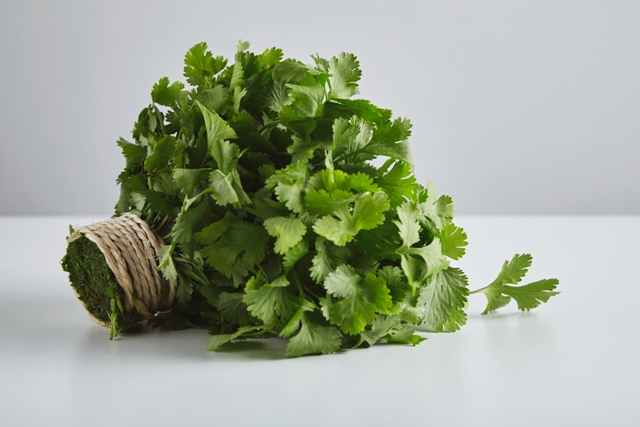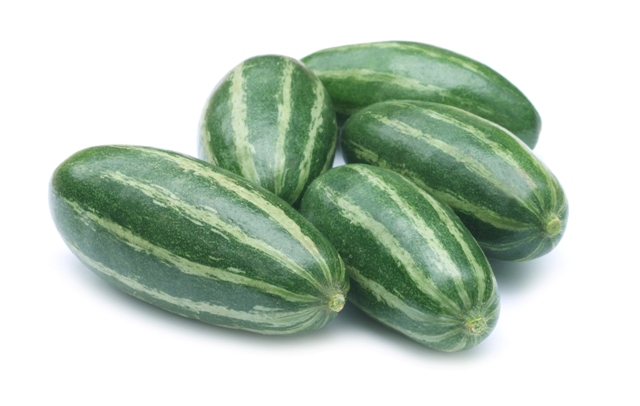Miso, its type, biological activity, health benefits, therapeutic uses and risk factors
Description : Miso is very popular and nutritious fermented food, traditionally used in Japanese and Chinese
Article Details :
Miso is very popular and nutritious fermented food, traditionally used in Japanese and Chinese diets. It is mainly prepared from fermented soybean as well as grains and it is also consisting of various beneficial bacteria.
Nutritional profile
- It contains lesser amount of carbohydrates
- It also contains dietary fibre
- It contains proteins as well. It mainly composed of various important amino acids
- It contains too some extents of fat and mainly consisting of healthy fats
- It contains several important micronutrients as well, which include Vitamin K, B Vitamins, calcium, magnesium, potassium, sodium, zinc and copper
- It is also loaded with various imperative phytonutrients that are accountable for exerting antioxidant, anti-inflammatory and anti-carcinogenic activity
Type
Miso can be found in different forms. The most common type of miso is prepared from soybeans but it also contains other ingredients as well. Some of the miso pastes are also prepared by millet or cultured wheat or by the combination of different beans as well as grains.
The colour of the miso is considered as a good indicator of the strength of flavour whereas the texture of different miso can vary. Basically the miso, which is prepared from whole grain is comparatively saltier that those miso, which is prepared from hulled grain
Below points will give an overview of different types of miso –
White miso
- It is also known as shiro. It is widely available in market
- It is mainly prepared from soybean and rice
- It undergoes fermentation for long period of time but not more than 2 months
- It is light in colour
- It has a sweet to mild salty taste
- It is widely used in salad dressing though it is extremely versatile
Red miso
- It is also known as aka. It is considered as dark miso as well
- It is prepared from soybean
- It undergoes fermentation for so long for up to 3 years
- It is comparatively saltier in taste
- It is very flavourful too
- It is widely used for preparing tomato sauces and stews
- It should be used carefully because its flavour may overpower other ingredients

Yellow miso
- It is also known as shinsu
- It is considered as a mild type of miso, which undergoes fermentation slightly longer than the white miso
- It can be used for wide range of recipes
Barley miso
- It is known as mugi as well
- It is mainly prepared from barley as well as soybean
- It also undergoes long fermentation process
- It has a strong aroma especially barley like aroma
- It has a mild sweet flavour
Biological activity
Antioxidant activity
- It is loaded with antioxidants that help to protect the body from oxidative stress by decreasing the concentration of free radicals in body
- It is also associated with preventing cellular damages
Anti-inflammatory activity
- Its micronutrients and phytonutrients components are accountable for exerting anti-inflammatory activity that helps in preventing inflammation, swelling and pain
- It is very effective for improving the symptoms of long term inflammation
Anti-carcinogenic activity
- Consumption of miso is very beneficial for decreasing the risk of developing cancers especially among post-menopausal women
- Its oxidative stress reducing capacity is also considered as an imperative feature responsible for lowering the prevalence of carcinoma
- Its isoflavone content is considered as one of the most important components responsible for exerting anti-carcinogenic activity
- It is extremely effective against breast cancer
Health benefits
Role on immunity
- Miso is loaded with various imperative nutrients, which play important role in making the immune system function optimally
- It is closely related with reducing the risk of developing infectious diseases and also helps an individual to recover faster from common cold and cough
- Being a probiotic rich food, its consumption is thought to be very effective for minimises the need of antibiotics
- It helps to improve immunological responses as well
Role on nervous system
- Consumption of fermented food is very beneficial for promoting cognitive health thus it is always better to Read more

